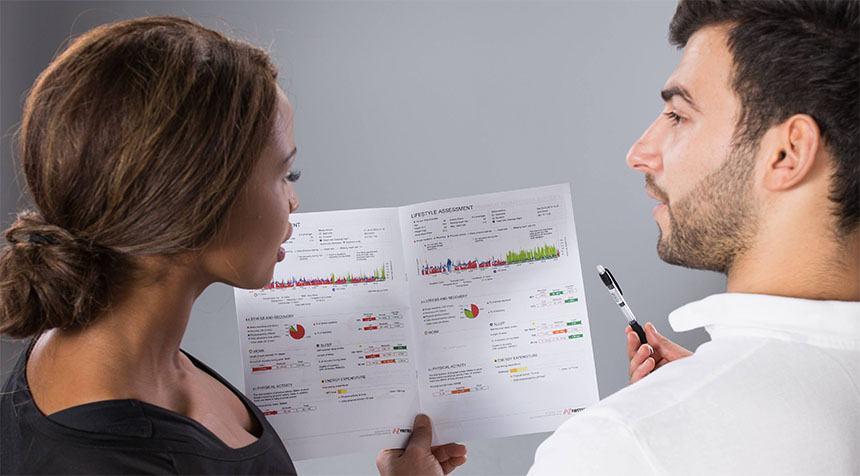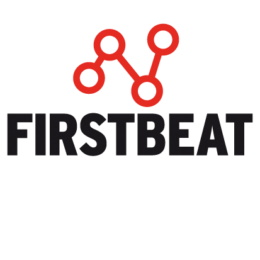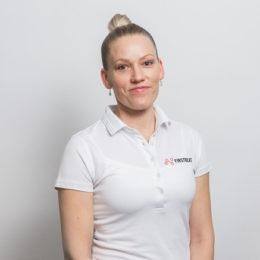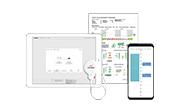
Dr. Erica Thieman is a teacher educator and education researcher at the University of Illinois at Urbana-Champaign who focuses on the context and impact of resilience and stress in high stress professions. She is also the co-founder of Prime Performance & Recovery, a consulting group that offers biofeedback analysis to help athletes, coaches, and professionals understand the impacts of their lifestyle on performance and recovery. As an experienced teacher educator and educator, Professor Thieman has three generations of her family who were educators before her and 13 years of experience as an agricultural educator at both the public school secondary and public post-secondary levels. Dr. Thieman has worked in a range of public school settings from small, remote rural-serving districts to large suburban districts.

Dr. Erica Thieman
Teacher Educator and Education Researcher
University of Illinois
Dr. Thieman has utilized Firstbeat in her efforts with professionals working in socially demanding jobs. Firstbeat Lifestyle Assessment has provided concrete evidence especially to those clients who don’t believe until they see.
Erica, could you tell us a little about yourself and how do you utilize Firstbeat in your work?
Yes, I am a teacher educator and education researcher at the University of Illinois at Urbana-Champaign. In my research, I focus on the context and impact of resilience and stress in high stress professions. Firstbeat Lifestyle Assessment is an essential part of my work and its impact on people has been impressive. I use Lifestyle Assessment with my clients who are interested in learning more about how their lifestyle choices impact their on-the-job performance and recovery. Based on my client’s first measurement, I teach them how stress and recovery works in their body and then suggest strategies to enhance recovery or to better cope with stress. If someone has a particularly poor balance of stress and recovery, then I always recommend a follow-up measurement to see what strategies work best for that person. The follow-up measurement also allows people to see the change that they have been able to accomplish just by making some small changes into their lifestyles. The follow-up measurement helps myself and the participant or client to see how effective or ineffective their lifestyle changes are to determine if further changes are necessary.
Dr. Thieman, as a professional educator and stress expert, what is your perspective on stress?
Well, at the end of the day, stress really cannot be prevented, every person encounters some form of stress on a daily basis. In socially demanding jobs, stress in inevitable and in fact, the job of many of the people I help is to work with the stress of others. Thus, what I am proposing is that we do not seek to lower stress as that is simply not feasible for people in professions like law enforcement, education, and the medical field. I suggest that we focus on helping these professionals to optimize their recovery in both sleep and daytime. This is impactful two-fold in that increased recovery will decrease responsiveness to stress and help people to be better prepared to face the stressors of the day from both a cognitive and emotional resource standpoint.
Stress belongs to life but needs to be managed right. Read more →
Can you tell us some of your findings related to teachers and their stress?
Certainly! When I was in graduate school at the University of Missouri and began working with Firstbeat, I did my dissertation research which evaluated the stress levels of preservice teachers who each had to teach a 35-minute lesson to their peers role-playing as students. What I found when I analyzed the data was that the teachers very easily fell into three separate groups of according to overall stress level: low, medium and high stress level profiles. It was particularly interesting to notice that after teaching, the low-stress teachers were relieved and their stress levels lowered, but the medium and high-stress teachers were worrying and ruminating on their performance, resulting in increased stress levels long after the external stressor ended. There definitely were some very interesting differences among the teachers and their capability to cope with and recognize the stress response in their physical and mental states.

How do you make people more aware of their personal stress?
In my experience in working with hundreds of people using these techniques, I have been just blown away on how effective the Firstbeat Lifestyle Assessments have been in creating stress and recovery awareness that leads to actual and sustained behavioral changes. A problem we have is that people listen and are aware of the negative impacts of a poor balance of stress and recovery, but they do not actually commit to change their behavior until they see concrete evidence of how it impacts their own life. With FirstBeat Lifestyle Assessment, they get to wear the Bodyguard and when their daily journal log is overlayed with their physiological stress indicators, they finally see how their own body is responding to lifestyle choices, which is exactly the evidence they need to understand their actual situation.
Finally, What are you going to concentrate on next? What are you working on?
I am working on fine-tuning the method I have developed for changing people’s views and behaviors surrounding stress and recovery to improve performance. My next phase is to launch the final protocol with different groups of professionals to collect data on the effectiveness and impact of the method on various professions and demographics ranging from college students to veterinarians.
Searching for that eureka moment with a client?
Firstbeat’s new guide shows how measured stress & recovery data can inform wellness professionals’ decisions and let clients unlock the best version of themselves.
If you liked this article, you should subscribe to our mailing list
You might also be interested in

HRV Revealed Kalle Rovanperä’s Hidden Stress – Young Rally Driver Learns to Calm Down
18-year-old rally talent Kalle Rovanperä doesn’t feel stress and sleeps deeply. However, Firstbeat Lifestyle Assessment revealed that his body might need a bit more recovery.

The Big Picture of Wellness – Stress Management, Good Sleep and Nutrition Go Hand in Hand
Weight management and healthy eating are issues that wellness professionals face every day with their clients.

Applying Supercompensation in Life: How to Turn Stress into Resources?
Is it dangerous when your resources are decreasing? Resources decrease, if recovery is not sufficient in relation to stress.




